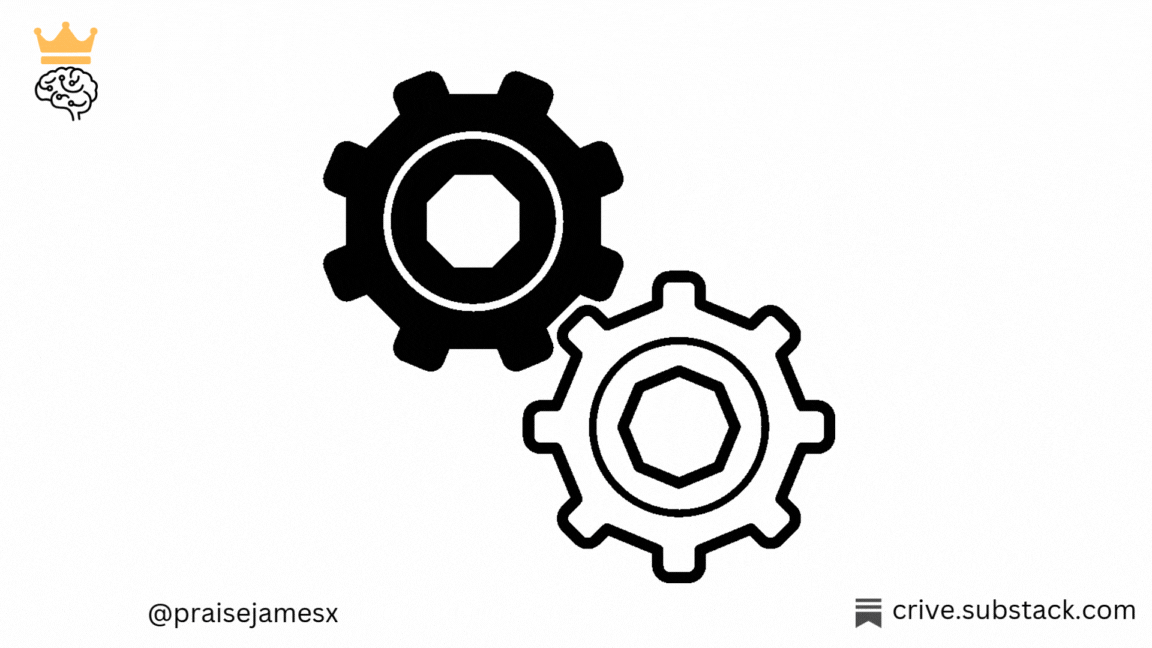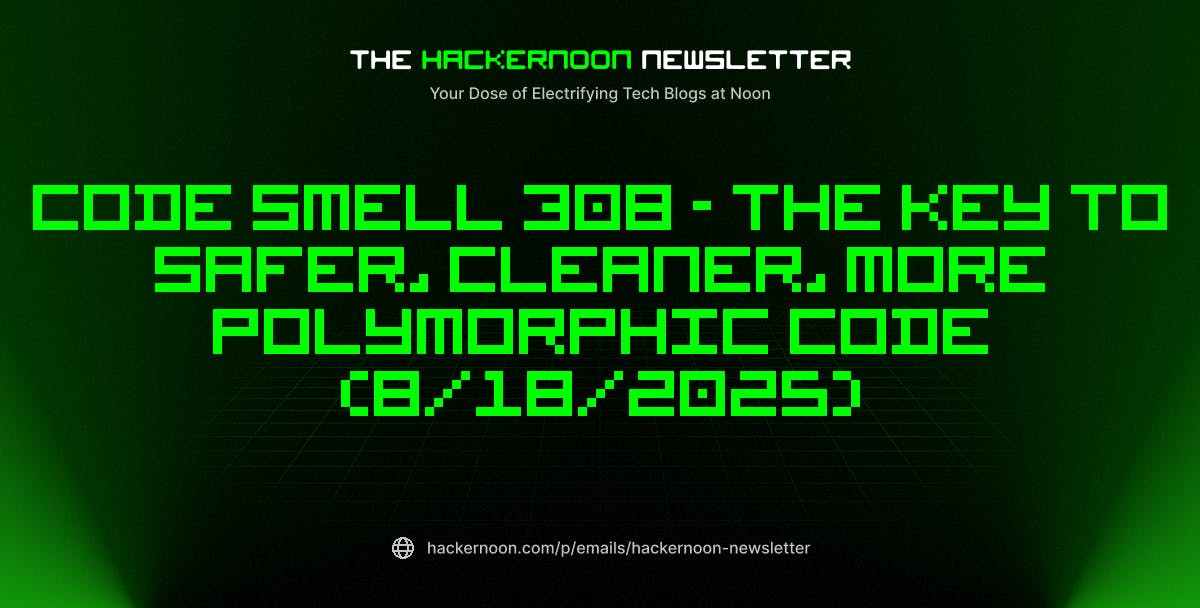Two quotes crashed into my brain this evening and started a brawl, revealing a tension that defines the modern creator’s journey:
“A human being should be able to change a diaper, plan an invasion, butcher a hog, conn a ship, design a building, write a sonnet, balance accounts, build a wall, set a bone, comfort the dying, take orders, give orders, cooperate, act alone, solve equations, analyze a new problem, pitch manure, program a computer, cook a tasty meal, fight efficiently, die gallantly. Specialization is for insects.” — Robert Heinlein
And then, this:
“It is a foolish dominant assumption to simply say we’ll do it all. It’s an unsustainable position and certainly not the way to become distinctive. I think that we have to begin to create some space to explore what is essential.” — Greg McKeown
If you’re a creator, this probably feels like a tug-of-war you know all too well.
For New Creators: You’re just starting, juggling ideas like “Should I be a photographer, a writer, a coach, or all three?” Everyone’s yelling “pick a niche!” while you’re thinking: “But I love photography AND writing AND teaching… what if I pick the wrong one and waste my time?” You’re busy trying everything, but the income isn’t following.
For Proven Creators (10K+ followers): You’ve found your footing, built an audience, and you’re still pulled in a million directions. You’ve got amazing content on Instagram, products on Gumroad, services on Calendly, and a community on Discord. You’re constantly creating, engaging, and selling across platforms.
Yet, despite all that activity, you’re leaving money on the table, feeling the friction of disconnected systems, and wondering why your growth isn’t compounding. You’re busy, but not as profitable as you could be.
Here’s the truth for both of you: You’re asking the wrong question about “what” to focus on, and that’s why you’re busy but broke.
The “Pick Your Passion” Scam
Let’s debunk the biggest lie in career advice: “Follow your passion.”
This assumes you have one lifelong passion waiting to be unearthed. But humans don’t work that way.
Does Lionel Messi have one favorite shoe? Does Beyoncé have one favorite outfit? Do I have one favorite SpongeBob episode?
When you explore the world, you discover many things you love. If you have only one favorite song, you’re not listening to enough music. If you have only one favorite dish, you haven’t eaten enough food.
The “follow your passion” crowd wants you to pick a color before seeing the full spectrum.
Here’s what they don’t tell you: Passion without competence is just expensive daydreaming. Loving basketball at 4 feet tall doesn’t make you NBA material. Adoring music doesn’t make you a musician. Dreaming of writing doesn’t make you a writer.
You can’t monetize what you’re passionate about if you suck at it.
Exploration → Exploitation
Naval nailed it: Early in your career, you explore. , you exploit.
Most people get this backwards. They try to exploit before they’ve explored enough. They pick a lane before they know what roads exist.
As a creator, your job isn’t to find your passion. It’s to build competence—where your skills meet what the world needs.
Competence = Talent + Market
To be competent means you’re good at something people actually want. Not just something you love. Not just something you’re naturally good at. Something at the intersection of what you do well and what solves real problems.
Ask yourself:
- What are you naturally good at? (Be honest—your mom’s opinion doesn’t count.)
- What problems does this solve for people?
- Will people pay for this solution?
Start there. Build competence first. Let passion follow.
The Synergy Secret
Think of your creator journey like building a house. As a beginner, you’re laying the foundation—testing skills, finding what works, building competence. As you grow, you’re furnishing the house, connecting every room (content, products, services) so it feels like one cohesive home. A unified system is your front door, inviting your audience in and guiding them effortlessly to everything you offer.
Take Canva. They don’t have fewer features than Photoshop. They have features that all serve one goal: making visual content creation simple for non-designers. Every tool, template, and sharing option works together toward that mission.
Your to-do list works the same way. One task reminds you of others. Completing one strengthens the whole system, compared to storing random tasks in your head. It’s not minimalism for minimalism’s sake—it’s strategic integration.
The Cost of Being a Jack-of-All-Trades
Visit Google.com and Yahoo.com and observe the difference. Yahoo tried to be everything—a search engine, email provider, news portal, and more. Google focused on being the best search engine. By niching down to solve one problem exceptionally well, Google became the go-to solution, while Yahoo faded. As a creator, scattering your efforts across disconnected platforms is like being Yahoo. Niching down to a unified system makes you Google—effective, not just busy.
Mind you, Google is not ONLY a search engine, but there’s synergy of multiple products towards one mission.
For example, take a YouTuber who started with random vlogs but switched to focused tutorials on video editing. Their views doubled, and they launched a course that sold out in a week. By focusing on one problem (teaching video editing), they became the go-to expert, not a jack-of-all-trades.
Why Your Scattered Creator Life Is Bleeding Money
You’re probably doing this:
- Amazing content on Instagram
- Products on Gumroad
- Services on Calendly
- Community on Discord
- Email list on ConvertKit
- Course on Teachable
Each platform works fine alone. But they’re not working together.
Every platform switch creates friction. Every disconnected interaction is a missed opportunity. When someone finds your content, they can’t easily see your services. When they buy your product, they might never discover your community.
You’re not just losing efficiency. You’re sabotaging your compound growth.
The Antifragile Advantage
When you scatter across platforms, you’re building on rented land. Algorithm changes, policy updates, platform shutdowns—each can disrupt your business. You’re not diversifying. You’re creating vulnerabilities.
But when you build on your own foundation, chaos becomes your edge. While others scramble to adapt to platform changes, you’re thriving from a position of strength. Your system becomes antifragile—getting stronger from disorder.
The Compound Effect You’re Missing
Here’s what happens when everything lives in your ecosystem:
- Your blog post leads to your products.
- Your products introduce your services.
- Your services deepen community engagement.
- Your community creates testimonials that enhance your marketing.
Every element amplifies the others. This compounding is impossible when your presence is fragmented. A follower on Platform A might never find your products on Platform B. Each isolated interaction loses leverage.
The Focus Paradox Solved
So, should you be a Swiss Army knife or a scalpel?
The answer is both—and neither.
You focus on one unified goal: serving your audience and growing your business. But you develop multiple capabilities that work together toward that goal. You don’t specialize in content, OR products, OR services. You specialize in creating value for your people, using whatever tools and skills serve that mission.
Instead of writing a book, start a newsletter. Instead of just a newsletter, write X threads. Instead of just threads, share ideas on your WhatsApp status. Each step teaches you something that makes the next step easier and more effective.
Your Next Move
You’ve just seen the paradox. The cure isn’t a choice between two paths; it’s a new system for thinking that builds an antifragile business.
Grab “The Antidote to Industrial-Age Thinking” to escape the next set of traps.
Share this essay with another creator who’ll find this helpful.
Talk soon,
Praise











